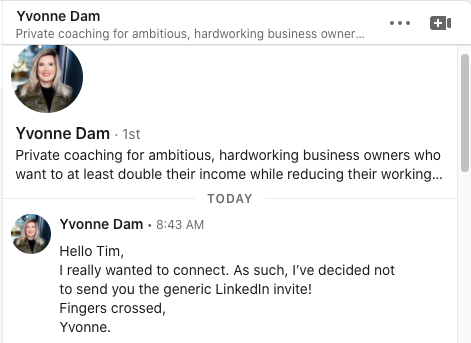I went to the SHRM Annual Conference this past week. I bet there had to be six different sessions, all jammed packed, with speakers telling HR Pros to “Become their Authentic Selves”. Just typing that makes me throw up in my mouth a little.
I call this content, HR Lady Candy. You might think that is sexist but it’s just data. 80%+ of the SHRM audience is female. Those of us that speak at SHRM are building content for women. Viewing the packed rooms, HR Lady Candy sells and it sells well!
But, it’s awful advice!
If you are truly authentic and bring your whole self to work, you are bringing all of you and I’m just going to take an educated guess that there are parts of you better off left at home. Parts of you that you yourself aren’t extremely proud of at certain times. Yes, these parts are part of you, but just as I don’t walk around outside my house naked, there are certain things I don’t need others to see.
I don’t judge these speakers and their full rooms. It’s so good damn empowering to feel like you aren’t true to yourself and have someone on stage in a power position telling you to “just do it!” It’s freeing. You want to run out of that room and just let your freak flag fly! But usually, in reality, that freak flag isn’t the freeing and empowering tool you hoped it would be.
The vast majority of us in the world, need a good-paying job with good benefits. The vast majority of us want to work hard and get promoted. We want to be the best version of ourselves as much as we can. We want to be wanted by others and grow our relationships with like-minded people. “Like-minded” means how we think like most of the time. Not how we think in our worst and most vulnerable moments. No one wants to be judged in those moments. Yes, that is part of our true self, but it’s not the true self I want others to see.
But, that content isn’t very sexy. No one wants to go sit and watch a speaker say, “Just be more normal!” it’ll work out, on average, a ton better for your career!
Freak flag flyers are awesome. We celebrate them. It usually works out for about 1 out of 1,000. Are you willing to bet your career on a .01% chance of success? What if I said the freaks are successful 1 out of 5! Oh, 20% of the time they are successful. Will you stake your career on that? Doubtful, that’s still really risky!
We love to believe the SHRM HR Lady audience is super conservative. That tends to be the profile of HR professionals. This just might be why we are so attracted to the “live your true self” content. We like it because we know we’ll never really do it, but it feels so good to dream!

